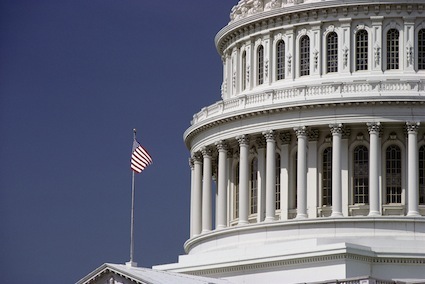
House Energy & Commerce Committee Democrats are trying to revive the Community Broadband Act, long-pushed legislation that would preempt the state laws limiting municipal broadband that service providers have worked hard to put in place.
But given that the House is controlled by Republicans generally opposed to legislation they have suggested “usurps” state authority, the prospects are not great for passage this time around either.
The House bill is backed by Rep. Anna Eshoo (D-Calif.) and in the Senate by Cory Booker (D-N.J.).
For most of two decades, Democrats in both the House and Senate for most of two decades have tried to pass legislation that would ensure states and public-private partnerships cannot be prevented from offering advanced telecommunications services in competition with private industry, with the caveat that if that the state regulates those competitors, it cannot favor its own service.
“Currently, millions of Americans lack access to high-speed broadband, and this bill will enable local communities to build affordable, reliable broadband networks in areas that have been left without connectivity,” Consumer Reports, an advocate for the bill, said. “Additionally, it will remove barriers for local governments and communities to build and operate broadband networks, promoting healthy competition.”
The bill targets the 21 states that have passed laws restricting or preventing municipal broadband.
ISPs have long argued that municipal networks — which, they say, often wind up being government-subsidized overbuilds of existing private networks — can leave taxpayers holding the bag when initial investments don’t convert to ongoing sustainability.
Democrats say municipal networks “improve broadband options or build-out to unserved areas that private providers refuse to connect,” as Eshoo put it in announcing the latest of multiple efforts to pass the bill since at least 2007.







